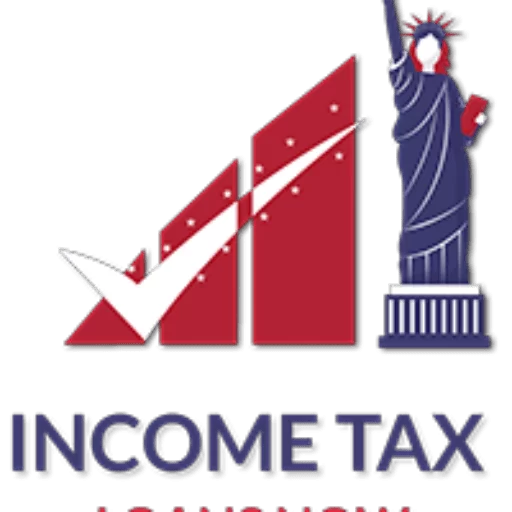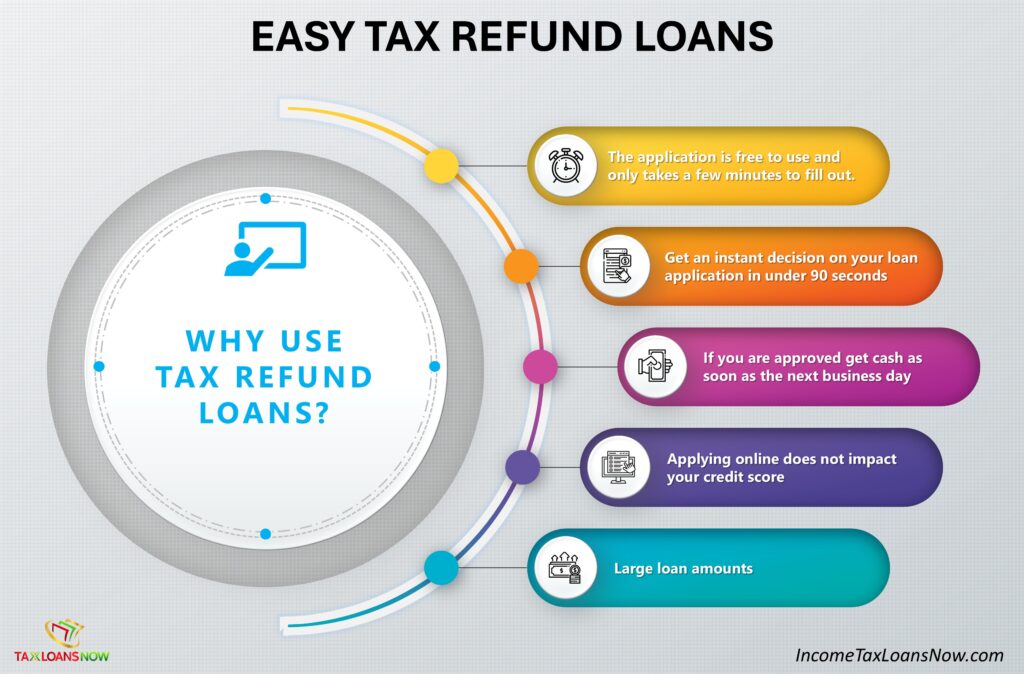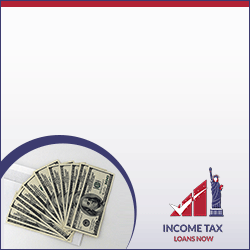The gig economy has experienced tremendous growth over the past two decades, with freelancers and independent contractors becoming a significant part of the workforce. However, along with the flexibility and autonomy that comes with gig work, there are also unique economic tax challenges that gig workers face.
So, how do gig workers’ taxes work? Read on to discover the most common tax problems encountered by gig economy workers and learn how to successfully navigate the challenges related with gig worker tax deductions.
1. Self-Employment Tax
Unlike traditional employees who have social security and Medicare taxes deducted from their paychecks, gig economy workers are responsible for paying these taxes themselves through self-employment tax.
The self-employment tax rate is 15.3%, with 12.4% allocated for social security and 2.9% for Medicare. This rate is higher than what traditional employees pay because, as a gig worker, you are required to cover both the employer and employee portions of these taxes.
To ensure compliance, you must calculate and pay your self-employment tax throughout the year. It is essential to set aside a portion of your earnings to cover these tax obligations.
2. Income Tax
Gig economy workers are also subject to income tax on their earnings. If your net earnings exceed $400 in a given year, you are required to pay income taxes. Remember to maintain accurate records of your earnings and expenses since income tax is based on your net income. Also, make sure to account for deductible expenses to reduce your taxable income.
Proper record-keeping and documentation are essential for gig economy workers to ensure accurate reporting and minimize tax liabilities. By utilizing accounting software or hiring a professional tax preparer, you can streamline this process and ensure compliance with tax regulations.
3. Home Office Deductions
These days, many gig economy workers operate their businesses from their homes. If you use a part of your home exclusively for working, you may be eligible for home office deductions. To qualify, the space must be your primary place of business and used solely for work-related activities.
For example, if you use your kitchen table as your workspace while also using it for personal activities, such as meal preparation, you may still be able to deduct expenses related to that space. The amount you can deduct depends on the percentage of the space you use for your business purposes.
4. Business Supplies Deductions
If you specialize in creating and selling products or services, you can deduct ordinary and necessary business expenses, including the cost of materials and supplies. Whether it’s purchasing art supplies for a painter or buying tools for a handyman, these expenses can be deducted as long as they are directly related to your business.
To substantiate these deductions, make sure to always keep receipts and records of all business-related expenses. This documentation will help support your deductions in case of an audit and ensure compliance with tax regulations.
5. Vehicle-Related Expenses
Many gig economy workers rely on their vehicles to fulfill their work obligations. If you use your car for business purposes, such as driving for ride-sharing services or traveling to meet clients, you may be eligible for deductions related to these expenses.
There are two options for calculating business-related vehicle expenses:
- Mileage allowance: You can use the standard mileage rate set by the IRS, which is 57.5 cents per mile in 2020. This rate covers expenses such as gas, insurance, and depreciation.
- Actual expenses: Alternatively, you can deduct actual expenses incurred, including gas, insurance, repairs, and depreciation. However, it is crucial to maintain detailed records of these expenses to support your deductions in case of an IRS audit.
Choose the method that provides the most significant tax benefit based on your specific situation. Keep accurate records of mileage, receipts, and other related expenses to maximize your deductions and minimize your tax liability.
6. Estimated Tax Payments
Gig economy workers often receive income that is not subject to tax withholding. As a result, they may need to make quarterly estimated tax payments to fulfill their tax obligations throughout the year.
Estimated tax payments are based on the income received during each quarter and are typically due in April, June, September, and January of the following year. If you fail to make these payments, you may be subject to penalties and interest charges.
To determine the amount of estimated tax you are obliged to pay, you should calculate your expected annual income and deductions and consult with a tax professional if necessary.
7. Tax Credits and Deductions
As a gig economy worker, you should be aware of the various tax credits and deductions available to you. These can help reduce your overall tax liability and increase your tax refunds. Some common credits and deductions include:
- Earned Income Tax Credit (EITC): This credit is available to low to moderate-income workers and can provide significant tax relief.
- Self-employed health insurance deduction: Gig economy workers who pay for their health insurance premiums may be eligible for this deduction, reducing their taxable income.
- Retirement contributions: Contributions to retirement accounts, such as Individual Retirement Accounts (IRAs) or Simplified Employee Pension (SEP) IRAs, can be deducted, reducing taxable income and saving for retirement.
- Education and training expenses: Deductions may be available for expenses related to improving skills or obtaining certifications relevant to the gig worker’s industry.
8. State and Local Taxes
In addition to federal taxes, you must also consider state and local taxes. Each state has its own tax regulations and requirements for gig workers and it is important to understand these obligations and comply with the respective state’s tax laws.
You should also be aware of the potential tax liability in the states where you provide services, even if you are not a resident of those states. Some states have specific rules regarding taxation of non-resident workers, and failure to comply may result in penalties and additional tax liabilities.
The Bottom Line
Gig economy workers face unique tax challenges that require careful planning and attention to detail. By understanding and addressing these common tax problems, you can ensure compliance with tax regulations, minimize your tax liability, and focus on building a successful and sustainable freelance career. Consider seeking professional assistance from a tax professional to help you navigate the complexities of self-employment taxes and maximize your tax savings.

Steve Mccaffrey
Author
Steve is a top contributing author and best seller. He has been featured on several programs and brings his extensive knowledge to our business and blog section. He is a dedicated to his family and his craft.
Related Reading
Easy Tax Refund Loans
[lwp_divi_breadcrumbs _builder_version="4.27.4" _module_preset="default" theme_builder_area="post_content"...
Fastest Early Tax Refund Loans
Is There A Way To Get A Loan On Your Tax Refund? Yes there is a way to get a loan on your tax refund....
Borrow Money Black Friday
Can I Borrow Money for Black Friday 2024? Yes, it is possible to get cash by applying for a loan...





